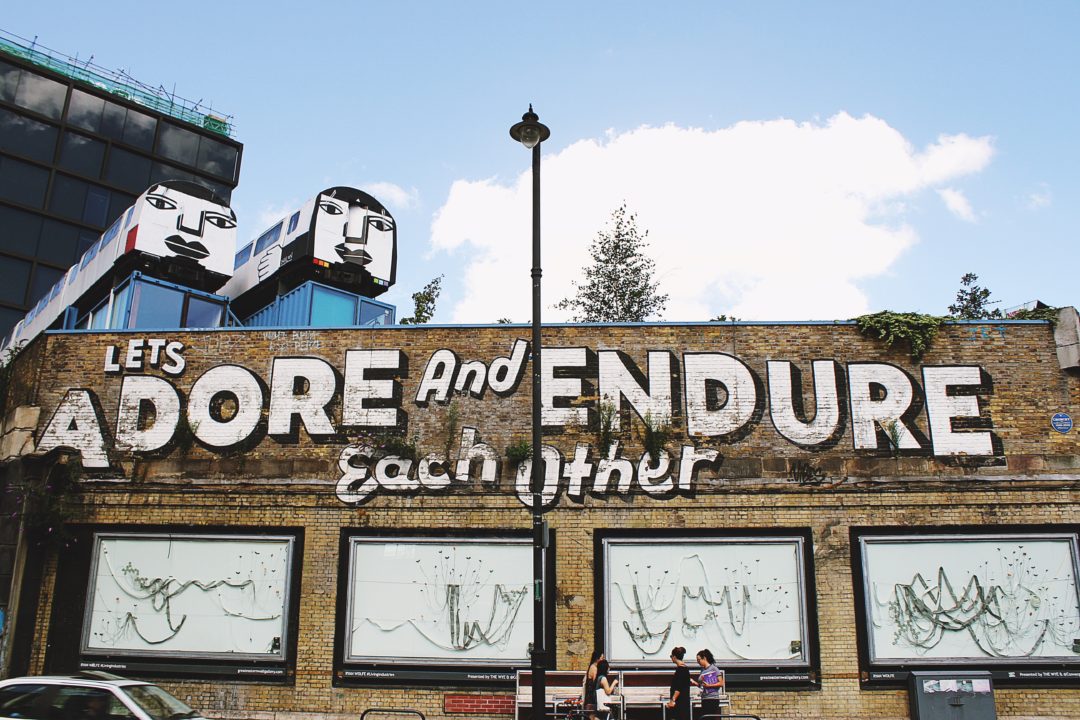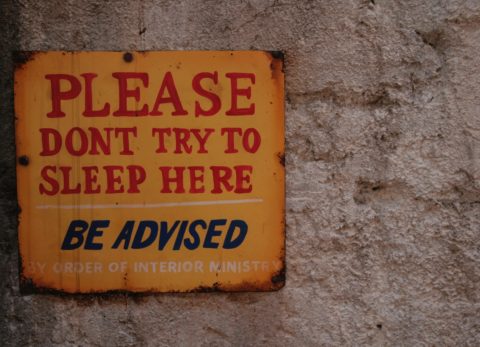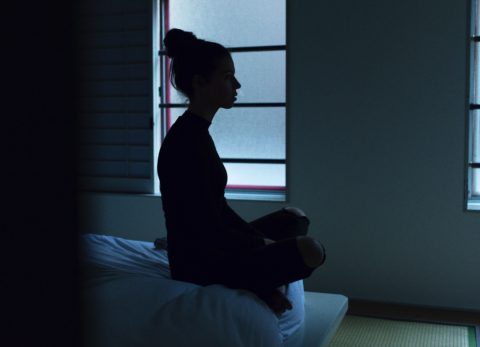Posted on December 24, 2017 by Jenn Zatopek
Christmas is perhaps the hardest time of year for those of us who do not have the standard Hallmark-holiday family, a lie perpetuated by marketing companies and also, I think, born out of our deepest longings for security, control, and perfectionism. It’s totally unattainable, this seemingly perfect Christmas, and many of us drive ourselves nuts striving to achieve it.
In Advent (the lead-up to Christmas), we waiting with joyful expectancy for the birth of Jesus, but it is also an exquisitely painful time of year for many of us. The good news is often lost in the midst of manic shopping sprees, frenetic activity, and the nagging feeling of not feeling enough. But the truth is that we always are more than enough to God, and this truth is one that I remind myself daily, especially during this time of year. The other absolute truth is that “God is too busy loving us to be disappointed in us” (Father Gregory Boyle). And if God is so excited and thrilled that we are here and loving us on through our insecurities, our self-obsessed minds and anxious hearts, then why is this truth so hard to grasp, especially during this time of year?
***
When I was a little girl, I celebrated Hanukkah with my parents because my mother was Jewish, and my parents felt it best to carry on the traditions of her family. I remember the pretty lights on the silver and gold menorah, my mother lighting the tiny sky blue candles, one each night, and the small gifts of chocolate or trinkets I would receive. It was a special time of year as I remember my parents silently agreeing to get along well for a few nights. The ongoing fighting and repressed sarcastic remarks ceased temporarily, and there was an oasis of quiet in the house, something I dearly loved.
But after my parents’ divorce, I began celebrating Christmas with my emotionally turbulent father, and Christmases were replete with his screams, my tears, slamming of doors, and his furious rage. Dad was a sober alcoholic who remained tortured by his own cocktail of gloomy self-hatred, hardened bitterness, and depressive rage. Unlike many men I know in recovery groups and church, those who attend temple or who walk upright in their own spiritual practices, my father never chose to heal with others and indoctrinated me with a dangerous combination of paranoia, a hatred for people, and a complete dread of the future. I gladly imbibed the lies he fed me; I did anything I could to get that man’s approval.
But he did not grant me his approval and severed ties with me at age twenty-two. This estrangement is not exactly normal behavior for parents, so let’s be clear about that. It was abusive and unkind, one of the greatest betrayals of my life, and I still bear the scars on my psyche today.
In spite of all this, I never forgot a promise I received in college, wondering and wandering in the strange waters of my greenhorn faith, an unbreakable bond that would save my life over and over again because it pointed me to my real home. Psalm 27:10 speaks specifically to the broken-hearted, the ones whose families reject them for whatever reason: “My father and mother walked out and left me but God took me in.” (MSG). I went through some harrowing times of despair after I lost my father to addiction and mental illness, but I never lost my footing.
Now I consider Advent as a time to reaffirm my resistance to hopelessness, a rejection of the lies that say I am not enough, things will never change, and the tearful “trance of unworthiness” that Buddhist psychologist Tara Brach refers to. The most remarkable story happened over two thousand years ago because God was trying to tell us something if only we would listen: He will go to any lengths to get us back and turn our greatest suffering into joy. If we are truly loved as deeply as Scripture suggests, then this love that is for us, is here in us, and rooting for us despite our past mistakes, our current failures, and our future brokenness.
Today I turn towards that holy truth, that Christ came down in the beginning of creation, as the Gospel of John records, (John 1:1-3a ), and at Christmas as a Jesus, so he could be with you and me, to practice the giving of peace and the embrace of pain, and show us how to befriend the marginalized, both within ourselves and out in the community.
This is the great good news of Christmas – that I was never alone, even in my most broken and hard moments. That means that you, dear reader, are not alone now, even in the midst of shipwrecked relationships, the loss of dreams, the pain of mental illness or addiction, or the just the ordinary occurrence of the boredom and strangeness of life.
I hope that even in the midst of the darkness you face that you will remember that the light that cuts through the darkness is for you. I hope you will acknowledge your suffering, surrender it to God, and trust you will endure. Let yourself cry and be a good neighbor to yourself. Remember that when Jesus said “Love thy neighbor as thyself,” he means you too. Find solidarity with the poor within and after you have had a good cry or laugh, go out to the world and show them your real, messy, and beautiful self and be of service. We need all of you to join us, to ring in the Feast of Christmas, because that’s also the Good News of the Resistance, that you are worthy and your wise and compassionate presence is a gift to this world.
Remember that The Creator is the One who runs toward us with total abandon, who sticks His fist to the bullies, who laughs at injustice and seeks to make things whole, who loves the poor and oppressed, the sex-trafficked, the factory workers, the men working construction, the prostitutes begging for sex and love, the folks in jail and in nursing homes, the lost children and adults to addiction and mental illness, the plundered earth and its animals, the pain-in-the-ass relative, you and me, and calls us all to do the same.
(Photo by Toa Heftiba on Unsplash)





No Comments